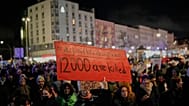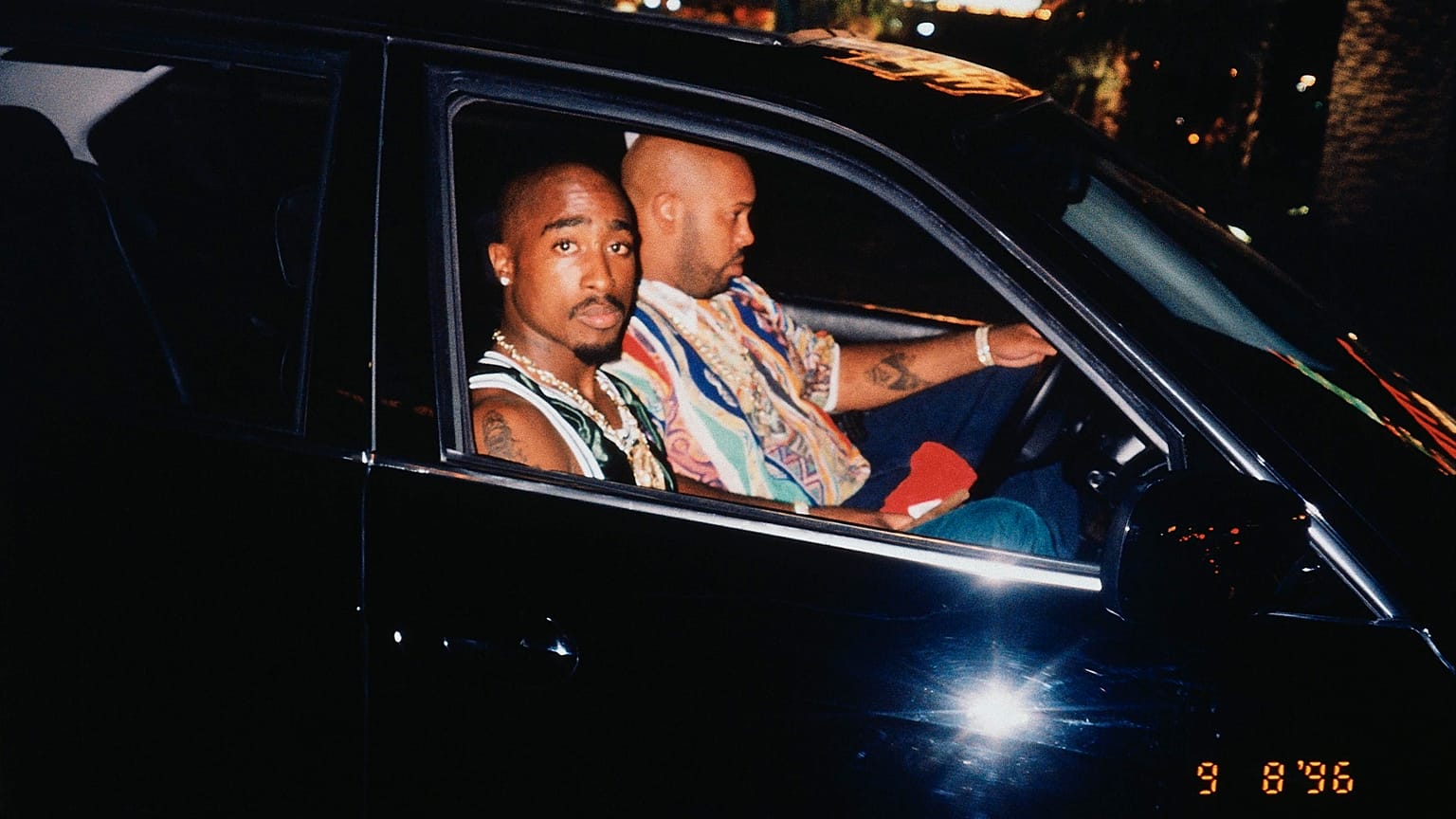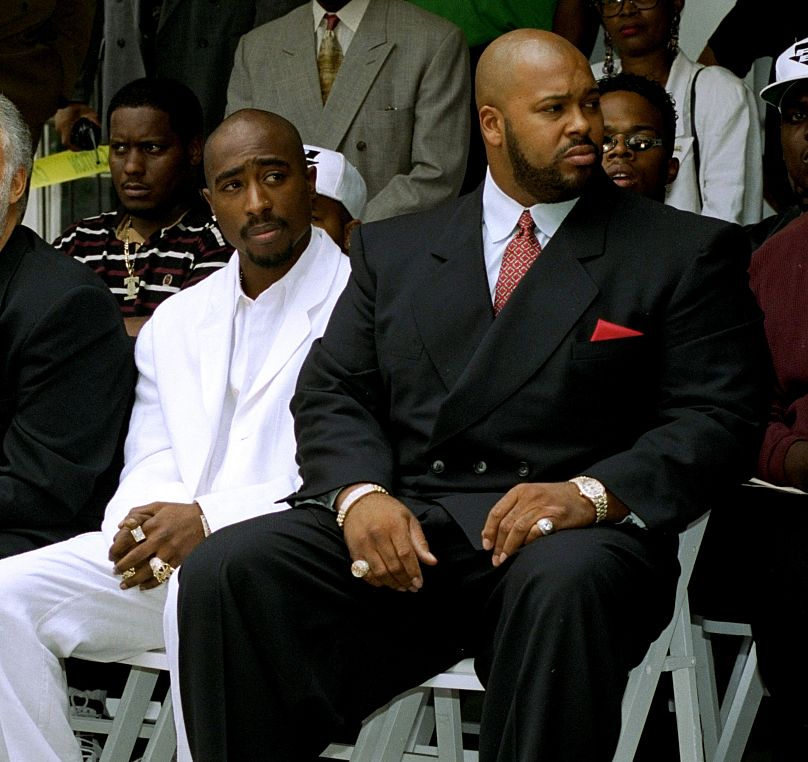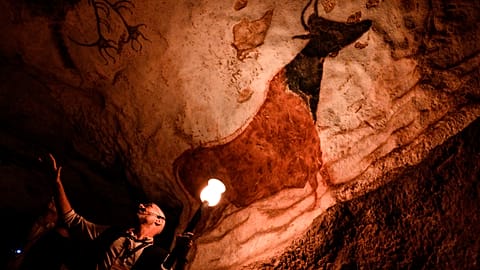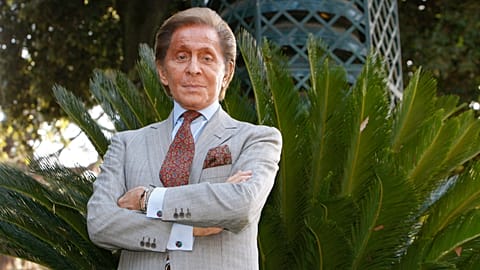7 August 1996: Tupac Shakur is murdered
Today is the anniversary of one of the most famous stories in the history of hip-hop. At the height of his fame, rapper Tupac Shakur was gunned down in his car in Las Vegas. Six days later on 13 September 1996, he’d die of his injuries aged 25.
It’s hard to understate the influence that Shakur (performing as 2Pac) had at the time of his death. Following the late 80s explosion of hip-hop into the mainstream, Shakur’s fast ascent as one of the brightest talents of the genre was almost unparalleled.
Born in New York City in 1971 and raised by his Black Panther Party member mother, Shakur relocated to San Francisco in 1988. There he started establishing himself on the West Coast hip hop scene. He released his first album ‘2Pacalypse Now’ when he was 20 in 1991. The next five years saw Shakur release three more albums including the critically acclaimed ‘All Eyez on Me’ in 1996, the first double-album in hip hop history.
As his career grew, Shakur’s music also grew with him. He became known for his intelligent lyrics that were both violent and introspectively emotional at once.
On the day of his murder, Shakur went to a boxing match with Marion ‘Suge’ Knight, the head of Death Row Records. After the match, the pair saw Orlando Anderson, who had attempted to rob Shakur and Knight earlier that year. The group attacked Anderson, before leaving.
Later that evening, Knight was driving with Shakur in the passenger seat when a Cadillac pulled up alongside. From the back seat, the shooter rolled down the window and shot multiple times. Shakur was hit four times, including in his right lung, and Knight was also injured. Knight drove the car to a hospital and was placed in an induced coma. Six days later, he died after surgeons removed his damaged lung.
At the time, members of Shakur’s party refused to cooperate with the police’s investigation. Over time, the media has put multiple people forward as suspects. For a while, the Notorious BIG was considered a suspect due to the rivalry he had with Shakur.
Originally friends, the pair became rivals when Shakur accused Biggie and fellow East Coast rapper Sean “Diddy” Combs of their knowledge behind a shooting incident in New York in 1994.
Shakur was robbed and shot four times when he arrived at Quad Studios in Times Square. In 1995, Shakur publicly accused Biggie and Combs of their involvement in the shooting as they had been at the same studio at the time. Both denied any wrongdoing.
The incident led to both Biggie and Shakur releasing diss tracks in reference to the shooting, ‘Who Shot Ya?’ and ‘Hit ‘Em Up’, respectively.
Six months after Shakur’s death, Biggie was murdered in eerily similar circumstances. Biggie was leaving a party in Los Angeles on 8 March 1997 when a car pulled up alongside his and shot him four times. He was rushed to a hospital but was pronounced dead within an hour. He was just 24 years old.
In the past few months, 27 years after Shakur’s murder, police seem to have suddenly made some moves to reveal the person behind the crime.
In July, a house was raided by Nevada police. The house belonged to Duane Davis. The 60-year-old self-described "gangster" is the uncle of Orlando Anderson, the man who Shakur and Knight attacked on the night of his murder.
Anderson denied involvement in Shakur’s killing at the time, and died two years later in a shooting in Compton, California.
Police reported collecting multiple computers, a mobile phone and hard drive, “documentary documents,” a Vibe magazine that featured Shakur, “purported marijuana,” several .40-caliber bullets, two “tubs containing photographs” and a copy of Davis’ 2019 tell-all memoir, ”Compton Street Legend.”




